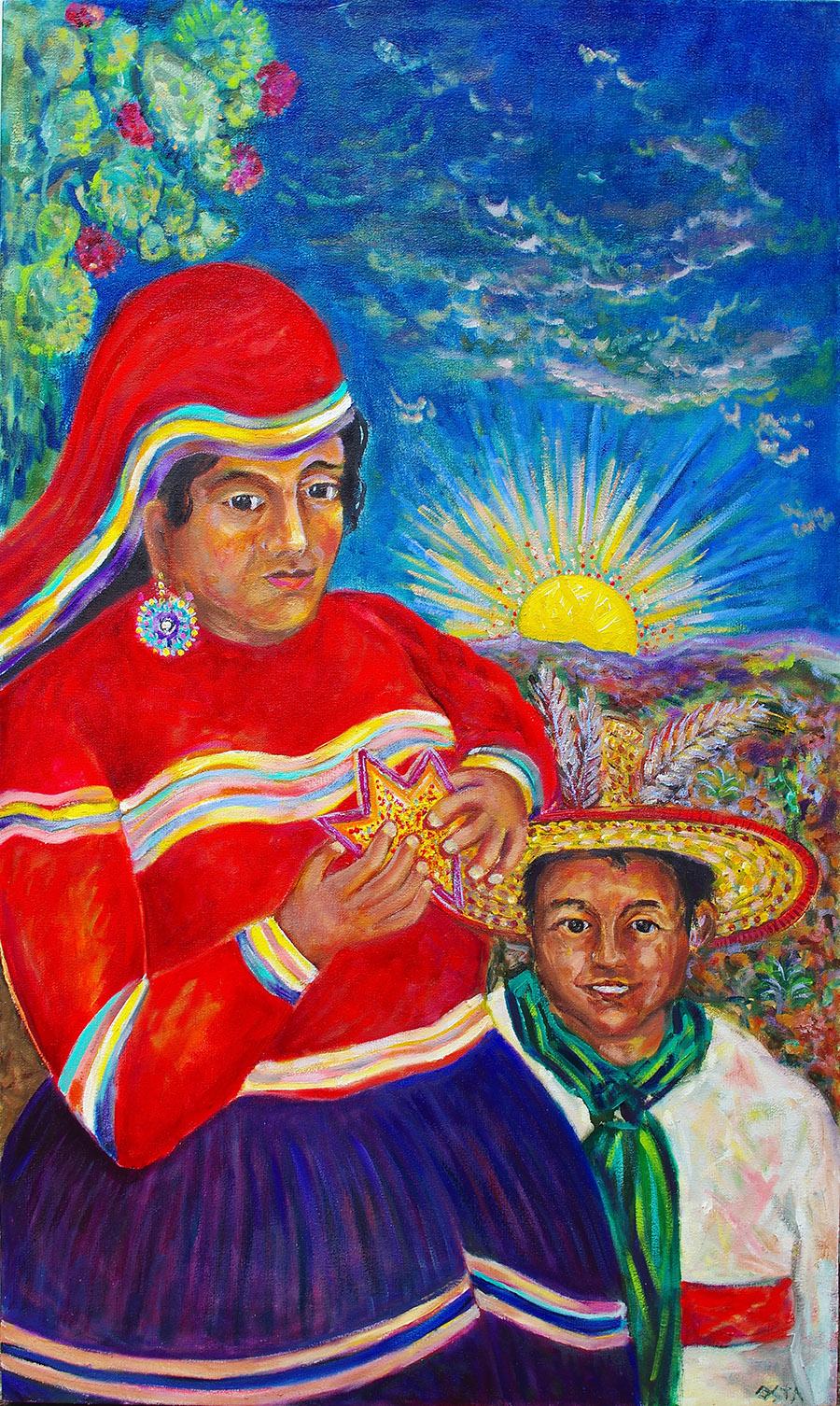Indigenous cultures have long embraced plant medicines for spiritual enrichment, a concept often foreign to Western society’s structured religious framework. While religion typically involves shared beliefs and practices within a community, spirituality encompasses personal experiences open to interpretation, independent of dogma or creed. One can be spiritual without being religious, and vice versa.
The cultural revolution of the 1960s and 1970s introduced expanded spiritual concepts through Eastern practices like meditation, yoga, and mindfulness. These practices foster receptivity, promoting well-being and, for some, a profound connection to the self and others. This desire for direct experience aligns with the motivations of many seeking psychedelics.
Psychedelics can deepen spirituality, inducing a direct experience of the numinous, a greater connection to our true selves beyond the ego, and a sense of oneness with nature and the universe. However, like most experiences, they are transient. How can we use psychedelic journeys to further our spiritual awareness meaningfully?
Many seekers spend years pursuing mystical awareness through receptivity practices, often with elusive results. These practices, however, provide a strong foundation for using psychedelics to transcend the mind and ego, enabling profound shifts in one’s perspective of self and the world. While psychedelics can induce mystical experiences, without preparation, these may be fleeting. Integrating such experiences meaningfully requires personal effort.
Psychedelics don’t automatically make one spiritual. Their effectiveness in deepening consciousness is enhanced when combined with preparation, integration with a practitioner, and ongoing receptivity practices. Psychedelics are a tool, a teacher, and a partner in this process, but we must engage intentionally, consciously, and with an open heart and mind.
Is Ketamine A Psychedelic?
Ketamine is a drug that is used for anesthesia and pain relief. It is also being increasingly used to treat a variety of mental health conditions, including depression, anxiety, and PTSD and is also being studied for its potential to treat addiction and chronic pain.
Ketamine is often classified as a psychedelic medicine because it can produce many of the same hallmarks of a psychedelic experience, such as:
Ineffability
Novel experiences and insights
Ego dissolution
Timelessness
Higher-order reality
Third-person perspective
However, it’s important to note that ketamine is not a typical psychedelic drug. It has a different chemical structure and mechanism of action. Classical psychedelics work by targeting serotonin receptors, while ketamine targets glutamate receptors. However, both types of drugs can produce profound changes in consciousness and perception Additionally, ketamine experiences are typically shorter and less intense than psychedelic experiences produced by other drugs, such as LSD or psilocybin.
Why is this Important?
The classification of ketamine as a psychedelic is important because it opens up new possibilities for research and treatment. Ketamine is already being used to treat a variety of mental health as well as many chronic pain conditions, and its psychedelic properties may be part of what makes it so effective.
By understanding how ketamine works, researchers can develop new and more effective treatments for mental illness. Additionally, the psychedelic properties of ketamine may be useful for treating other conditions, such as chronic pain and addiction.
Death of Dr. Roland Griffith
Sadly, one of the most respected psychedelic researchers, Dr. Roland Griffith passed away earlier this week. The last newsletter from Be Well and Discover Deep Wellness carried a short video of him speaking about his early work with cancer patients as well as his own diagnosis of colon cancer. I was particularly struck by the poignant end to his final interview carried by the New York times: He revealed that close to the time of his death he engaged in a therapy session where he was the patient. He put the question to his cancer: what are you doing here? Is this going to kill me? The cancer responded that “yes you will die, but everything is absolutely perfect; there is meaning and purpose to this that goes beyond your understanding, but how you’re managing this is exactly how you should manage it”.
In a long ago interview with the writer Michael Pollan, Dr. Griffiths said that he hoped his own death would not be sudden, that he would have time to savor it. “Western materialism says the switch gets turned off and that’s it” he said. But there are so many other descriptions. It could be a beginning! Wouldn’t that be amazing?
About Discover Deep Wellness
Discover Deep Wellness combines psychedelic medicines with integrative therapy, which draws on techniques from different types of therapy to tailor an approach specifically for you. Integrative therapists take into account you as an individual and your circumstances, and use elements of different psychotherapeutic approaches to help you explore and cope with your problems.
At its best, integrative therapy fosters mindfulness by drawing on insights discovered through psychedelic experiences as well as deep meditation practices. These insights are then brought into “real life.” Integrative work guides you and holds you accountable for the changes you set out to make.
The psychedelic experience itself invites deep healing and an evolutionary opportunity that can last for many weeks following the experience itself.
If you are ready to start your journey to deep wellness, we invite you to contact us for a free consultation. Leslie@discoverdeepwellness.com or Deborah@discoverdeepwellness.com
Disclaimer
Psychedelic Integration Coach, Discovering Deep Wellness (DDW), and its associates do not condone the use, purchase, sale, or transfer of illegal substances, nor do they encourage or condone partaking in any unlawful activities. Psychedelic Integration Coaching supports a harm reduction approach for education and promoting individual and public safety. If you choose to use psychedelic substances, please do so responsibly.

